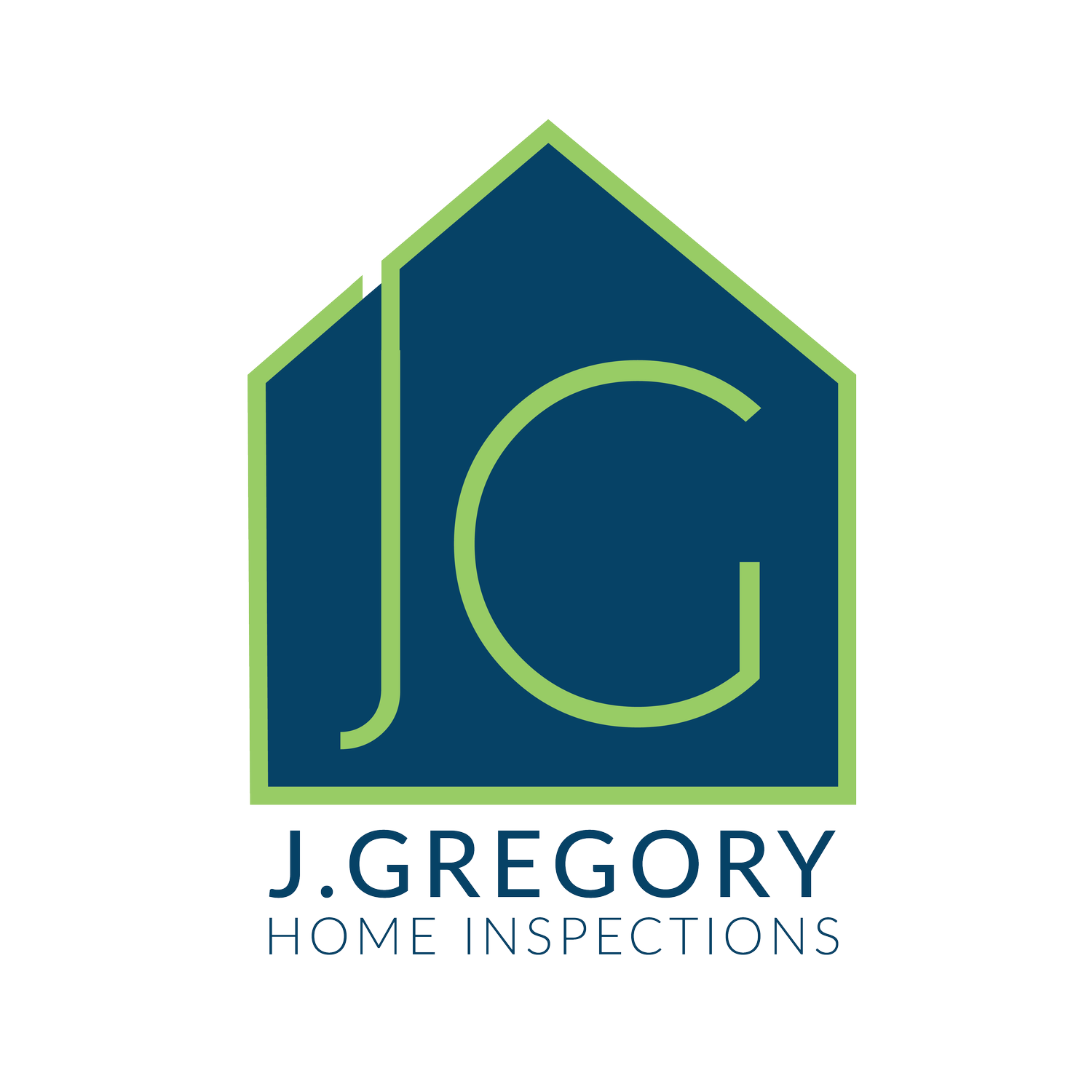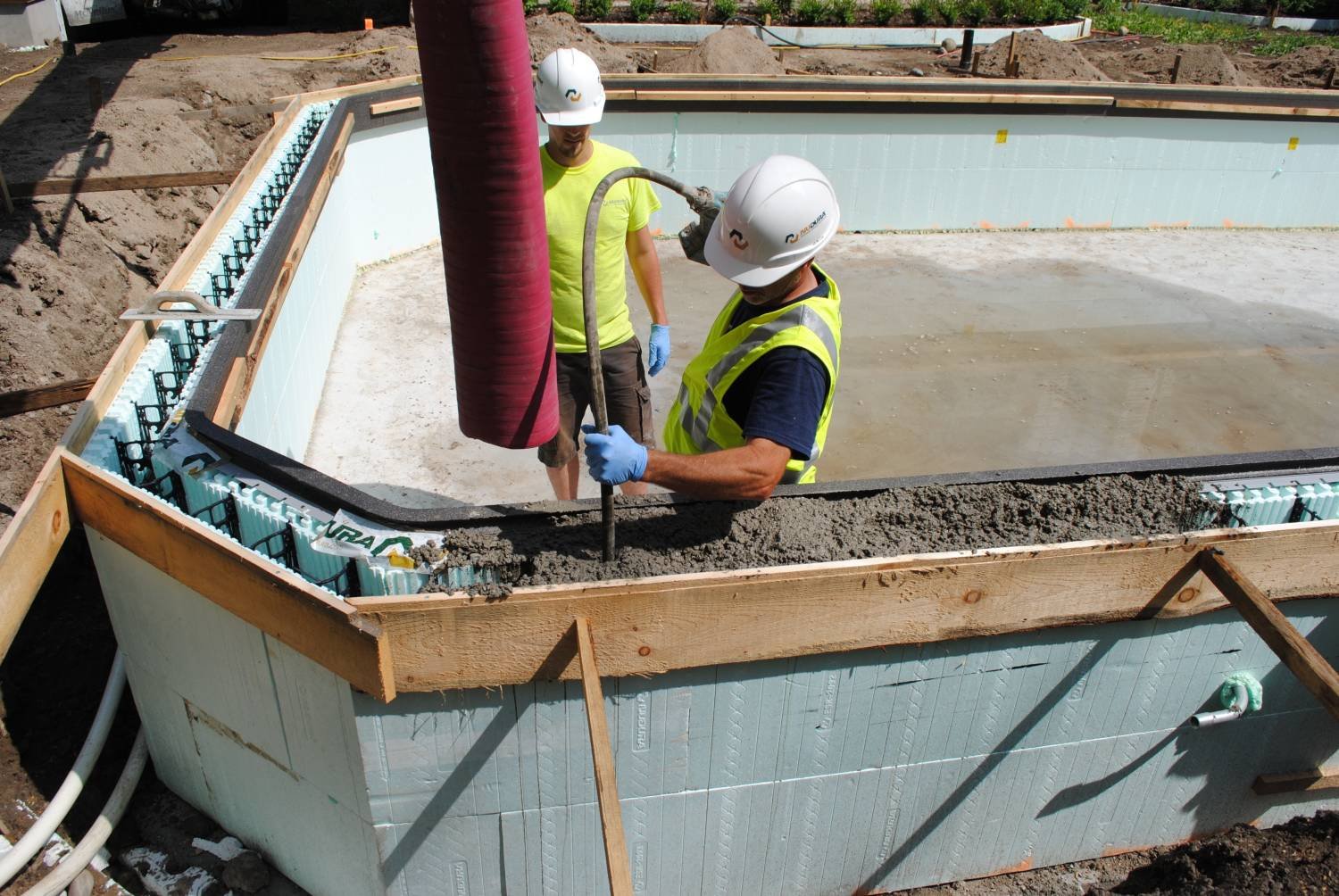Insulated Concrete Form Homes: A Modern Solution for Energy Efficiency and Durability
Insulated Concrete Form (ICF) homes represent a growing trend in the construction industry, combining energy efficiency, durability, and sustainability. This building method offers a robust alternative to traditional wood-frame construction, providing homeowners with long-lasting, energy-efficient, and comfortable living spaces.
What Are Insulated Concrete Forms?
Insulated Concrete Forms are hollow blocks or panels made from expanded polystyrene (EPS) or other insulating materials. These forms are stacked to create the shape of the walls and then filled with concrete. The result is a solid, insulated, and highly durable wall system that offers numerous benefits over traditional construction methods.
Benefits of ICF Homes
Energy Efficiency:
Superior Insulation: ICF walls provide continuous insulation, reducing thermal bridges and leading to lower heating and cooling costs. The insulating properties of EPS, combined with the thermal mass of concrete, create an energy-efficient envelope that can reduce energy consumption by up to 50%.
Stable Indoor Temperatures: The thermal mass of the concrete helps maintain stable indoor temperatures, reducing the need for constant heating or cooling.
Durability and Strength:
Structural Integrity: ICF homes are incredibly strong and can withstand extreme weather conditions, including hurricanes, tornadoes, and earthquakes.
Longevity: Concrete walls do not rot, warp, or deteriorate like wood, leading to a longer lifespan for the building.
Sound Insulation:
Noise Reduction: The dense concrete and insulating foam provide excellent soundproofing, creating a quieter indoor environment by reducing noise from outside and between rooms.
Fire Resistance:
Safety: ICF walls offer superior fire resistance compared to traditional wood-frame construction. The concrete core is non-combustible, and the foam insulation is treated with flame retardants.
Sustainability:
Eco-Friendly Materials: ICFs use recycled materials and can contribute to green building certifications such as LEED.
Reduced Waste: The precision of ICF construction reduces waste on the job site, and the energy efficiency of ICF homes leads to lower greenhouse gas emissions over the building’s lifespan.
Construction Process
Design and Planning:
Customization: ICF systems are versatile and can be used for various architectural styles and designs. They can be easily integrated into both residential and commercial projects.
Engineering: Proper engineering and design are crucial to ensuring the structural integrity and energy efficiency of an ICF home.
Form Assembly:
Stacking Forms: The ICF blocks or panels are stacked to create the desired wall shape. The forms interlock like Lego bricks, ensuring precise alignment and stability.
Reinforcement: Steel rebar is often placed within the forms to provide additional structural support.
Concrete Pouring:
Filling Forms: Once the forms are in place, concrete is poured into the hollow cores. This process requires skilled labor to ensure the concrete is evenly distributed and fully fills the forms without voids.
Finishing:
Interior and Exterior Finishes: ICF walls can be finished with a variety of materials, including drywall, stucco, brick, or siding, allowing for aesthetic flexibility.
Challenges and Considerations
Initial Cost:
Higher Upfront Investment: The initial cost of ICF construction can be higher than traditional wood-frame construction. However, the long-term savings in energy bills and maintenance often offset this initial investment.
Skilled Labor:
Training Required: Building with ICFs requires specific skills and training. Finding experienced contractors may be challenging in some areas.
Design Adaptation:
Architectural Flexibility: While ICFs are versatile, certain design elements may need to be adapted to accommodate the unique properties of ICF construction.
Insulated Concrete Form homes offer a compelling alternative to traditional building methods, combining energy efficiency, durability, and sustainability. Despite the higher initial costs and the need for skilled labor, the long-term benefits make ICF homes an attractive option for modern homeowners seeking a comfortable, resilient, and environmentally friendly living space. As awareness of these benefits grows, ICF construction is likely to become an increasingly popular choice in the housing market.


